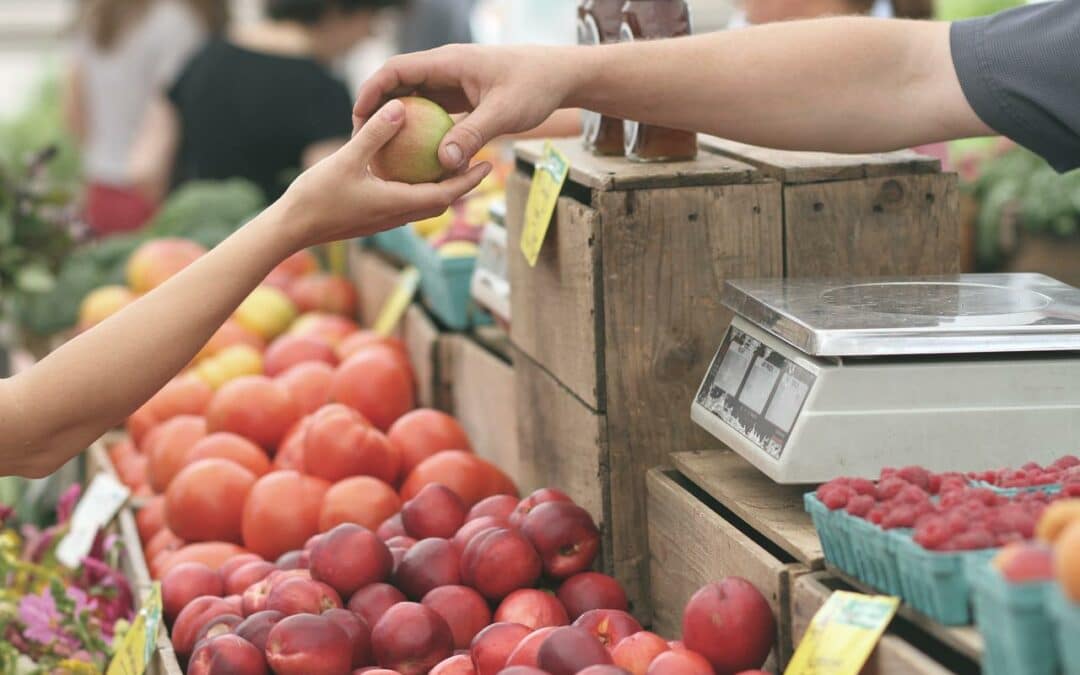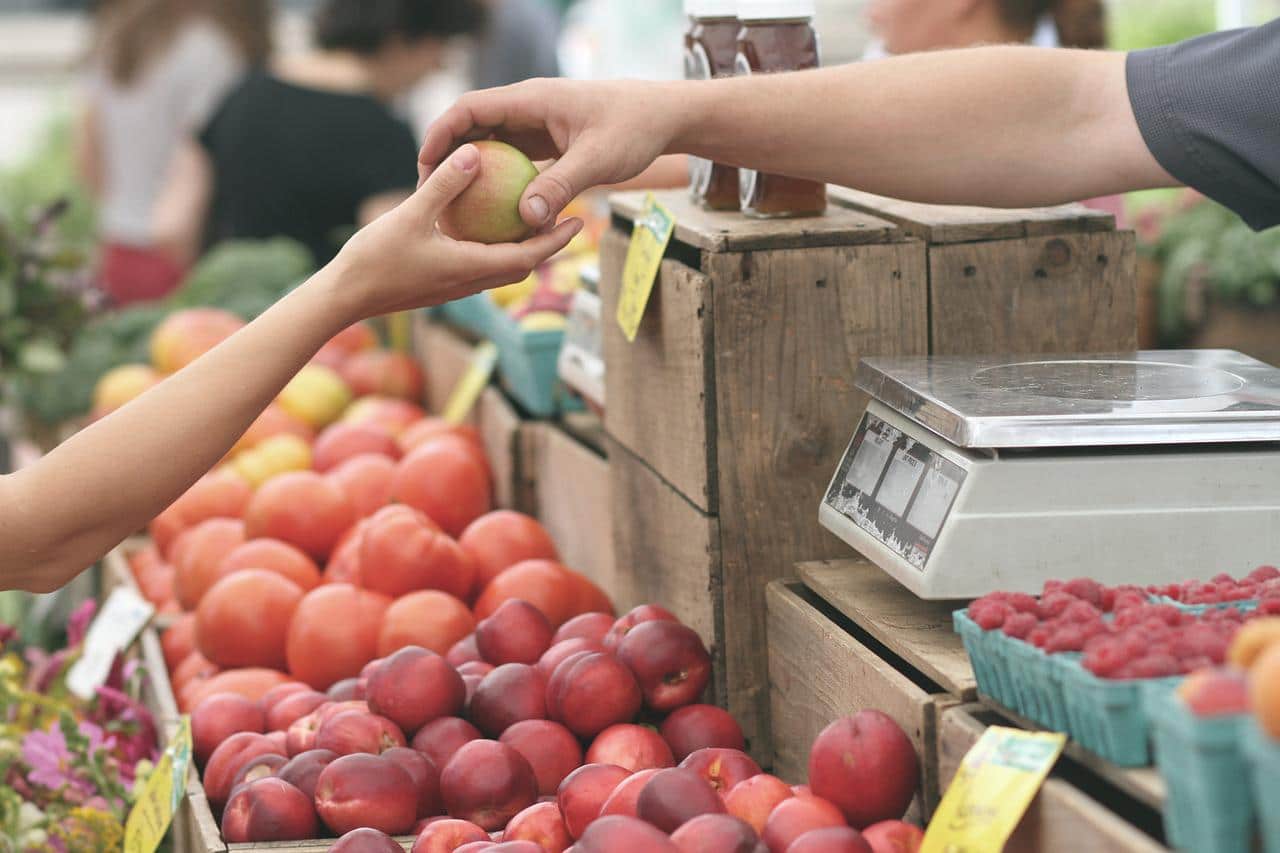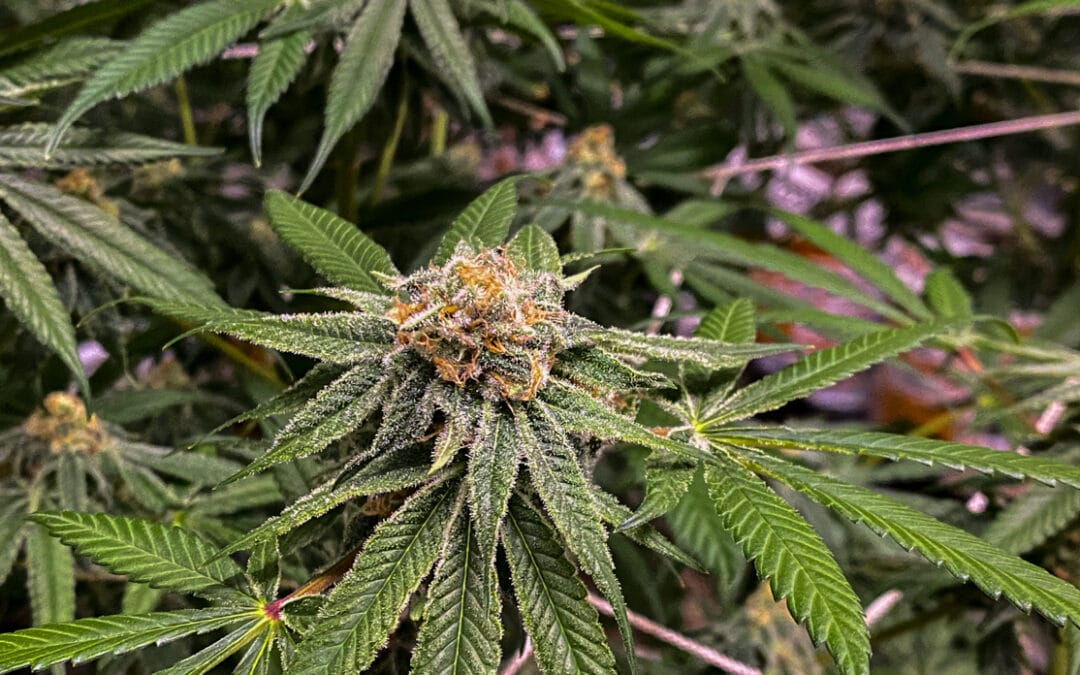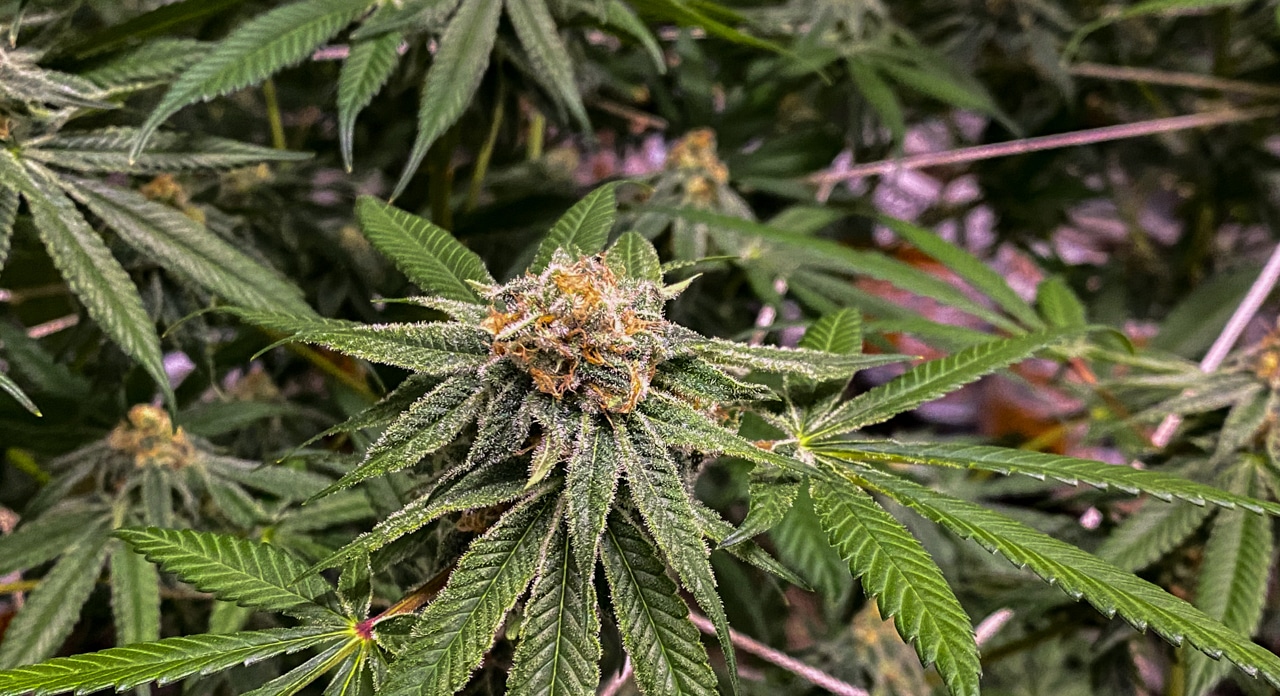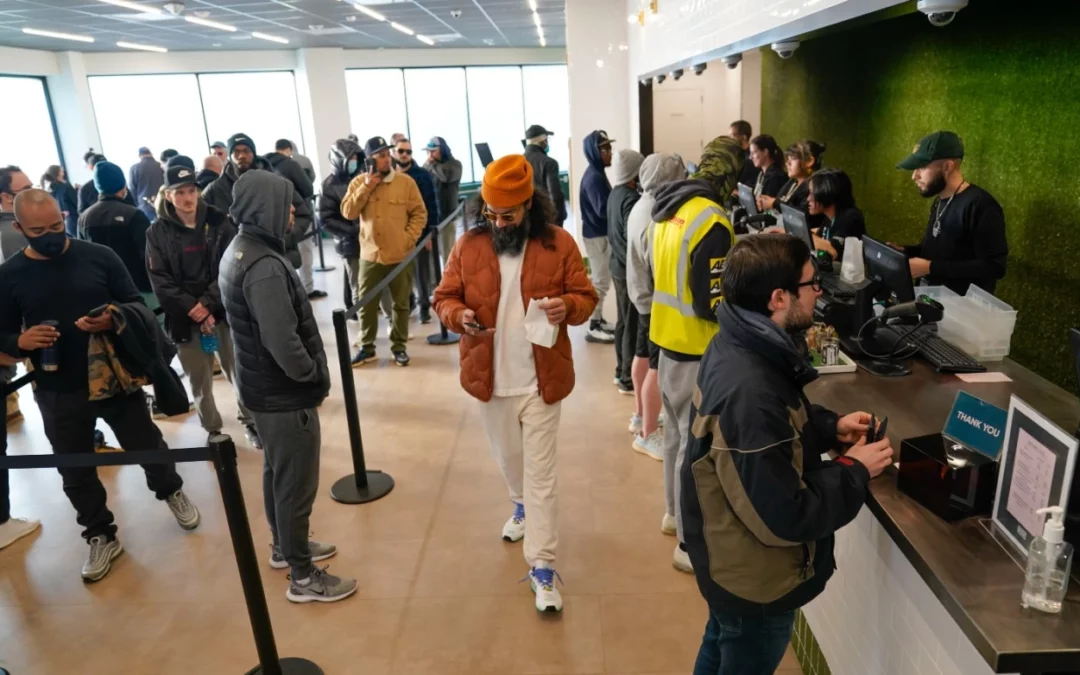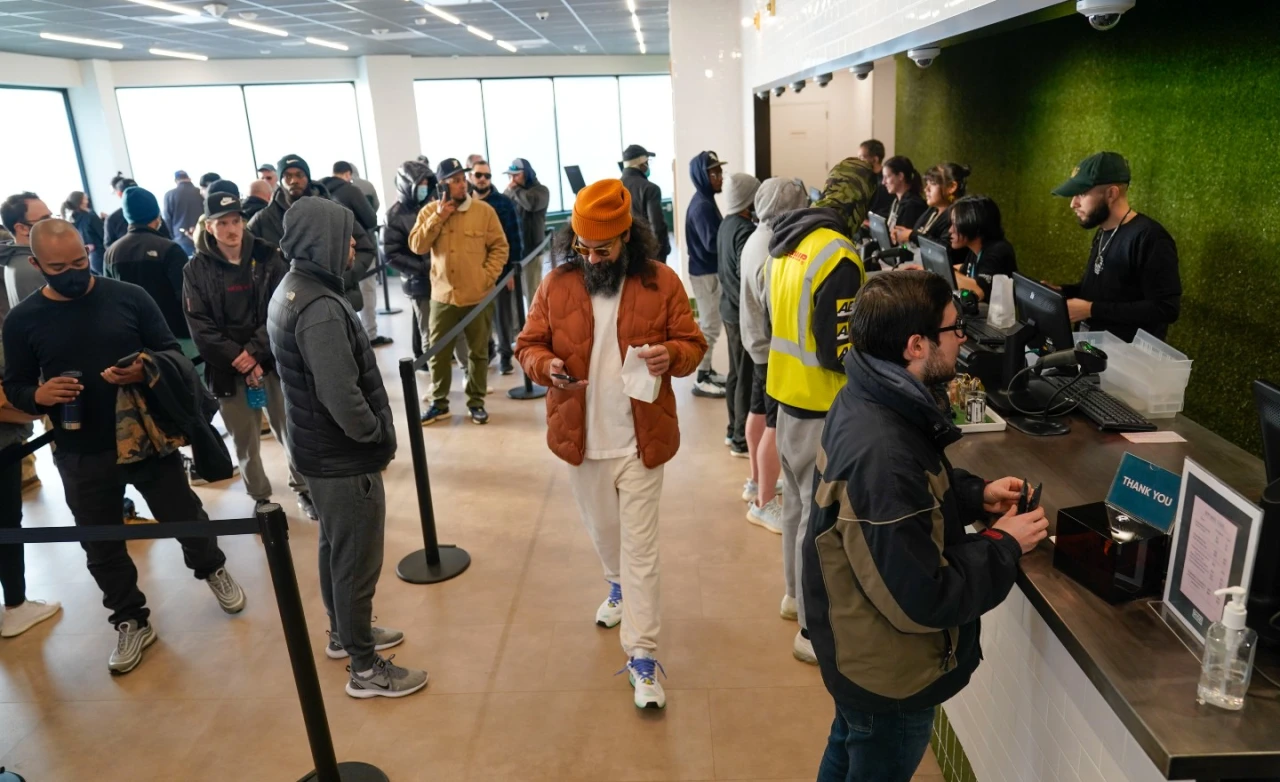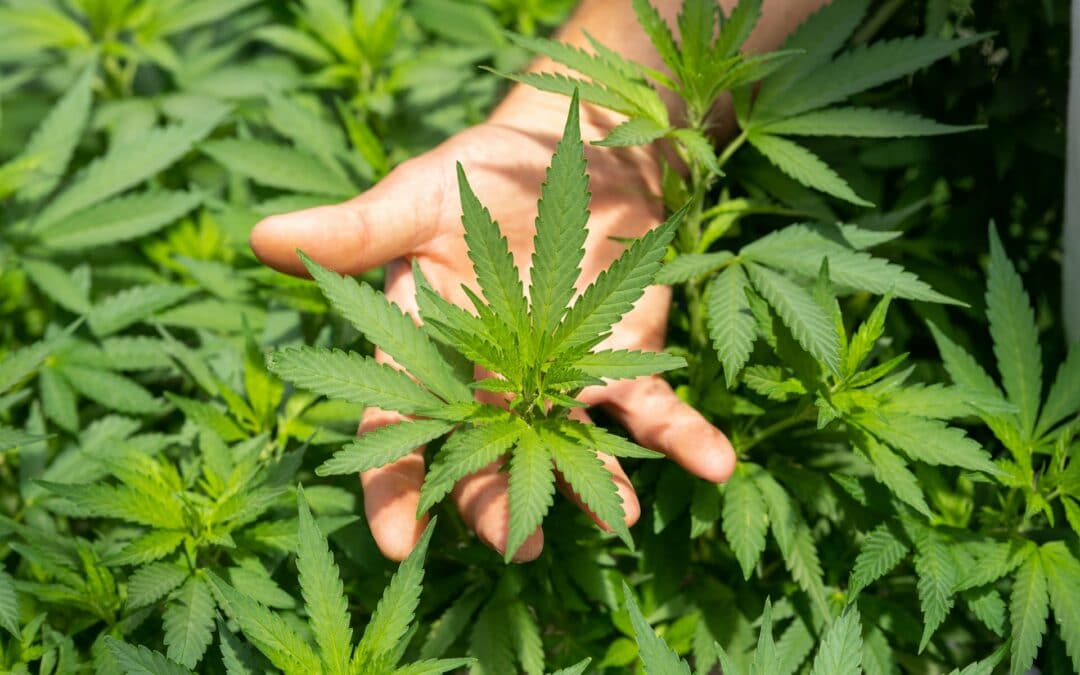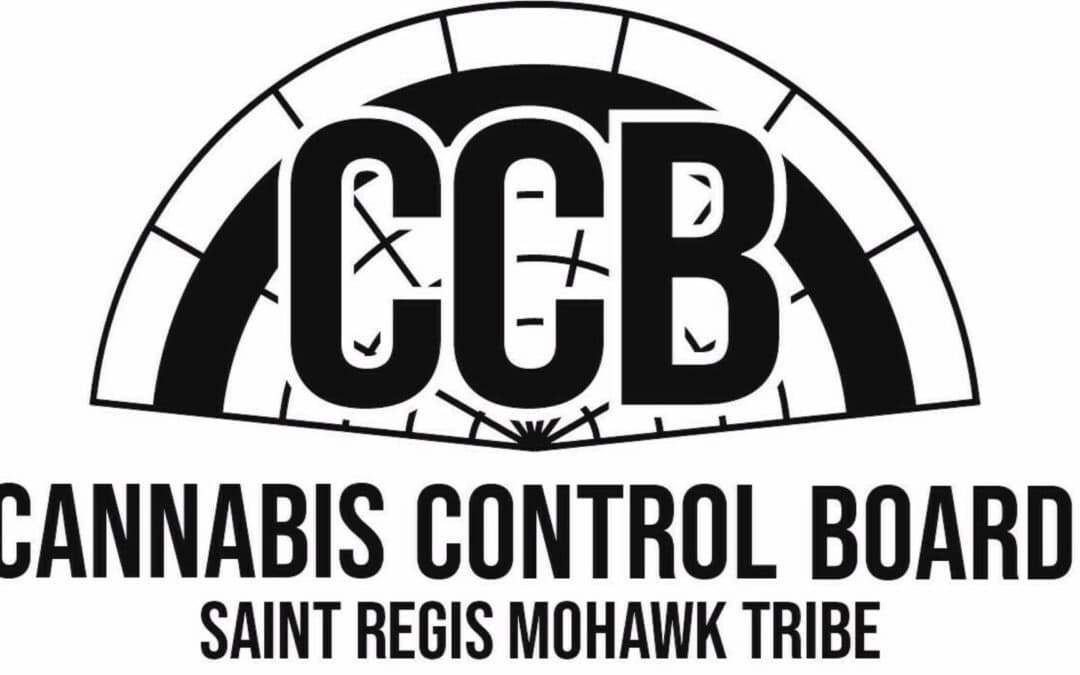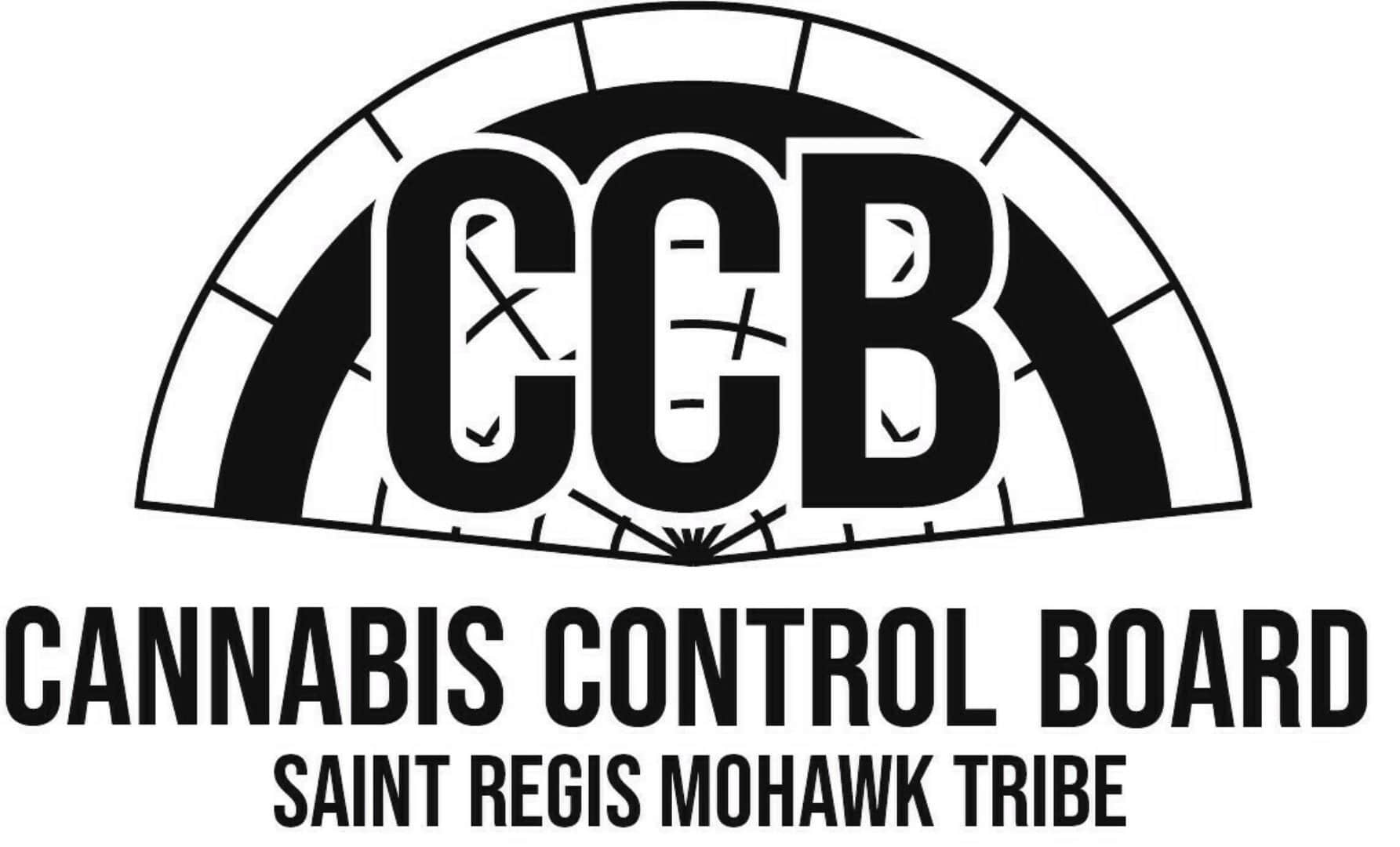
Connecticut cannabis gifting law pushed forward by lawmakers

The underground Connecticut cannabis gifting community could be in for some trouble is legislators in the state get their way.
In a 98-48 vote, the Connecticut House of Representatives pushed forward legislation that would fine anybody who host a cannabis gifting event up to thousands of dollars. During the session, others argued that legalizing cannabis in Connecticut at all was a mistake that should be reverted.
Suffice to say there is disagreement in the legislature about the future of the industry in Connecticut, and it is going to have an impact on the industry there.
As it currently stands, cannabis is legal to possess for adults in Connecticut. However recreational cultivation for personal use won’t be an option until July 2023, and there is no regulated industry to speak of in the state.
In other words, cannabis is legal. It just can’t be grown recreationally or bought anywhere unless you’re a licensed medical cannabis patient. This has predictably created an underground market for those looking to obtain cannabis for personal consumption without a medical card.
What is cannabis gifting?
Cannabis gifting is by no means a new practice. It also isn’t exclusive to just Connecticut.
For example Washington D.C. legalized cannabis in 2015, but still doesn’t have a regulated industry due to barriers put in place by politicians during the legislative process. Now there is a thriving cannabis gifting industry in DC, with small shops tucked away across the city. There you can pay $45 for a sticker and receive an eighth of cannabis as a “gift”.
The donation/gifting method acts as a loophole under most cannabis laws that prohibit the illicit sale of cannabis outside of a licenses retailer. By gifting cannabis instead, it technically isn’t being sold and can’t be prosecuted.
It isn’t difficult to see why politicians would not be in favor of such a practice.
But with the current laws and delays in Connecticut, it was inevitable.
Some legislators are shaping the new bill not as a total restriction on cannabis gifting, but just organized events according to Democrat Rep. Michael D’Agostino.
“For right now, these bazaars are a way around the regulated marketplace,” D’Agostino said. As co-chairman of the legislative General Law Committee, he stressed that the bill would not prohibit true gifting events in which friends or acquaintances exchange or give each other cannabis without commercial transactions.
The legislation was originally proposed in response to events like the High Bazaar. There more than 1,000 visitors paid $20 or so to enter a warehouse in an industrial zone, where dozens of vendor tables would display cannabis in various forms, exchanging cash or other items of value for cannabis products.
Under the bill, those who sponsor these large gifting parties could be fined $1,000 by the state Department of Emergency Services and Public Protection, and as much as $1,000 by local officials. The legislation isn’t entirely bad however.
The legislation also includes provisions to end the annual fees required of patients in the medical-marijuana program, saving patients about $5 million a year starting July 1, 2023. It would also permit physicians to write medical cannabis prescriptions, which would save patients more money and time.
The law also includes provisions strictly limited billboard advertising for cannabis companies, and completely bans it for out of state brands. Lastly, current cannabis cultivators would be allowed to undertake two more joint ventures, and towns and cities that are willing to host cannabis businesses, can now decide which businesses and how many could locate to their area.
Overall the legislation would appear to have more good than bad, with the main negative being the impacts on large cannabis gifting events. Small gathering of friends gifting each other cannabis products will still be allowed without repercussion. Medical cannabis patients will have quicker and more affordable access to their medicine, and in-state retailers will no longer have to worry about out of state competition.

